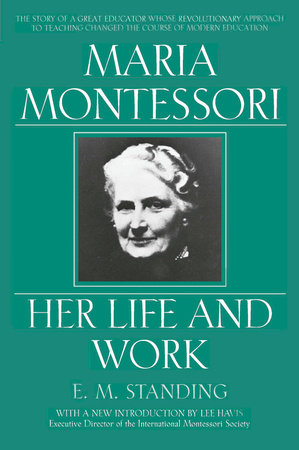Introduction by Lee Havis
Author's Preface
Part One: Life of Dr. Maria Montessori
I. Preparation
II. Discovery
III. Development
IV. A Great and "Representative" Personality
Part Two: The Psychology of Development
V. The Young Explorer
VI. Stages of Development
VII. "Sensitive Periods" in Development
VIII. The "Work" of the Child - The Creation of the Adult
IX. The Sensorial Foundations of Intellectual Life
X. Deviations and Normality
Part Three: The Significance of Movement in Education
XI. A Visit to Lilliput
XII. Movement in Relation to Instinct and Reason
XIII. The Exercises of Practical Life
XIV. Movement and Mental Assimilation
Part Four: The New Relationship
XV. The Fundamental Problem in Education
XVI. The Prepared Environment
XVII. Liberty in Education - True and False
XVIII. The Montessori Directress
Part Five: Montessori and Froebel
XIX. Similarities
XX. Differences
XXI. Montessori, Froebel, and the Junior School
Appendix
Index









